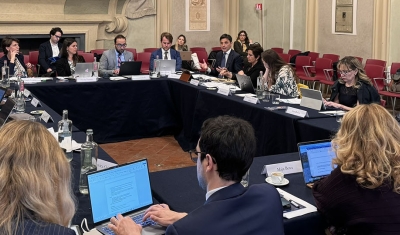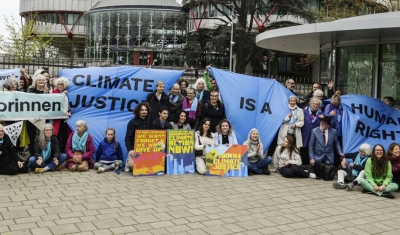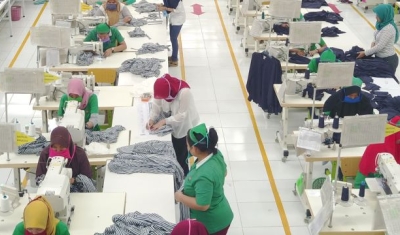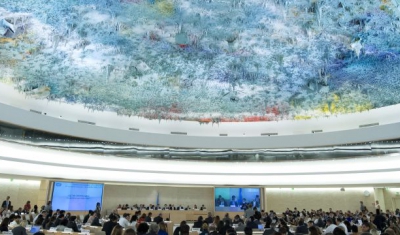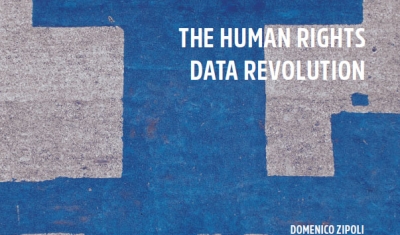SIMORE Plus allows to cluster and systematize the recommendations issued by UN human rights mechanisms to facilitate periodic reporting and implementation monitoring through the tool. The inter-institutional work around this tool comprises roundtables on themes, groups or specific SDGs with the designation of focal points (public officers) from each relevant ministries and institutions in charge of human rights monitoring and implementation who are responsible for updating SIMORE Plus. A recommendation can be linked to more than one ministry or institution, as well as to several themes, groups or SDGs to promote an intersectional approach to human rights issues. The upload of recommendations on SIMORE Plus follows an internal consultation process that links recommendations to a regularly updated implementation report, relevant public policies, indicators, yearly statistics, and other relevant information, as well as persistent implementation challenges.
As such, the Paraguayan government and its population can monitor in real time the implementation progress and apply indicators to measure impact. Furthermore, the follow-up at SIMORE Plus provides input to develop action plans. A concrete example of this process is the adoption of the 2015-2030 Institutional Action Plan of the National Secretariat for the Human Rights of Persons with Disabilities, based on the recommendations of the United Nations Human Rights Mechanisms.




